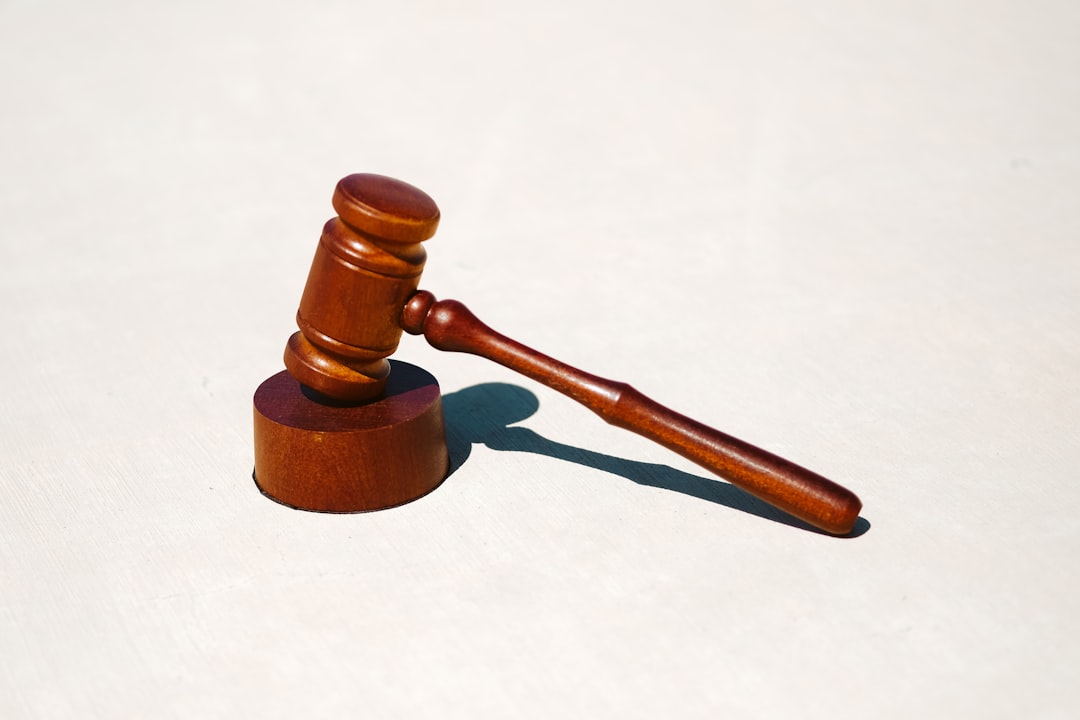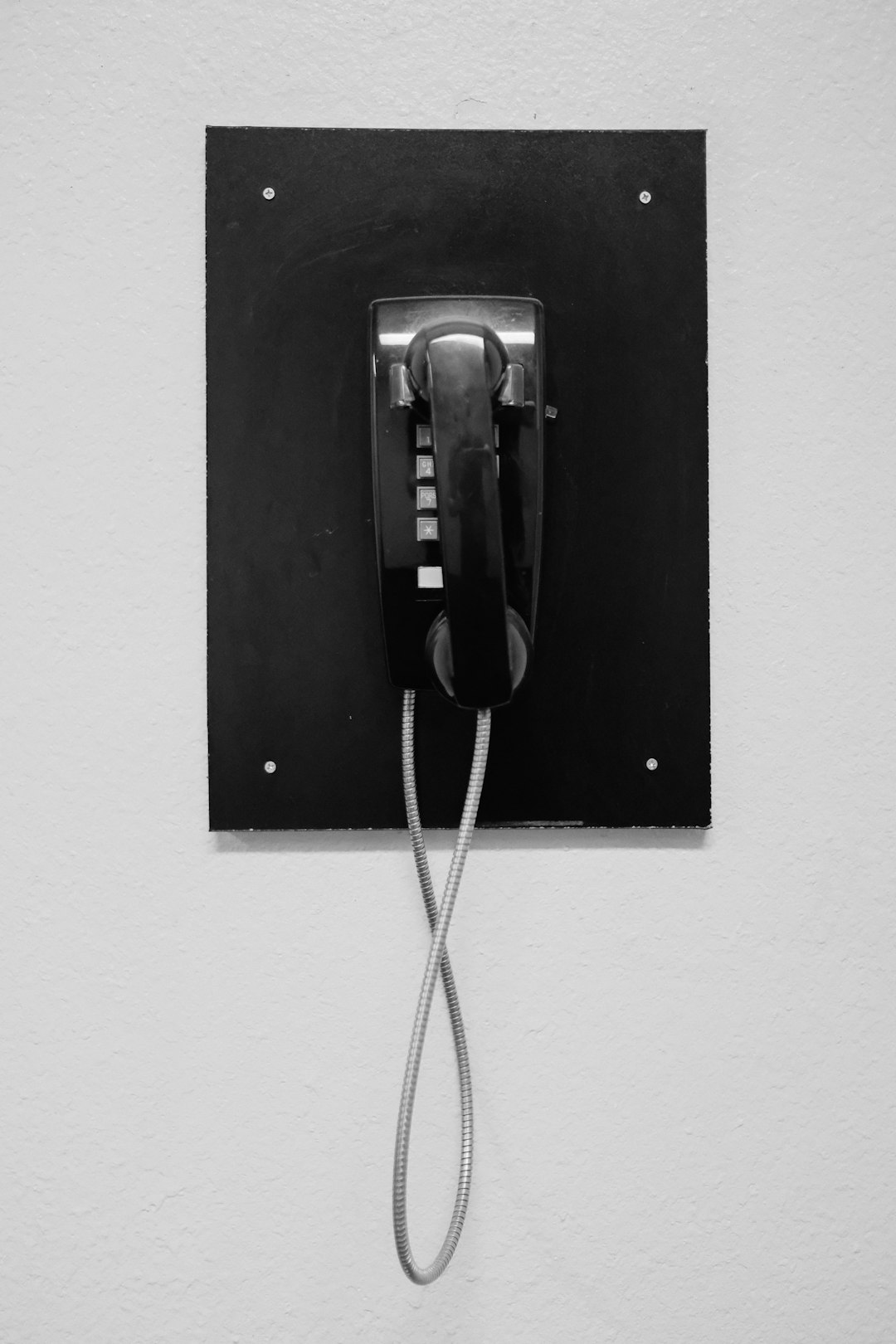In Rhode Island, debt collector lawyers are crucial for navigating strict regulations that balance debtor and creditor rights. These legal professionals guide collectors on proper notification, communication, and avoiding harassment while educating them on contact restrictions and data handling. Consumers facing debt issues should verify debt validity, understand local laws, and communicate strategically; if needed, consult a debt collector lawyer in Rhode Island for legal guidance and protection of their rights.
“Unraveling Rhode Island’s Debt Collection Laws: A Comprehensive Guide for Consumers. In this article, we navigate the intricate legal framework governing debt collection practices within the state. From understanding your rights as a debtor to knowing the steps debt collectors must follow, we provide an in-depth look.
Learn about the specific regulations and how they protect Rhode Island residents, and discover when and why consulting a debt collector lawyer is essential. If you’re facing debt collection issues, this step-by-step guide offers valuable insights to ensure your rights are upheld.”
Understanding Rhode Island Debt Collection Laws: A Legal Framework

In Rhode Island, debt collection laws are governed by a strict legal framework designed to protect both debtors and creditors. When a debt collector in Rhode Island seeks to recover a debt, they must adhere to the state’s regulations, ensuring fair practices and transparent communication. These laws outline the steps debt collectors can take, from initial contact to legal action, providing clear guidelines for all parties involved.
Understanding these regulations is crucial for both consumers and debt collection lawyers in Rhode Island. Debtors have rights, including the right to challenge the validity of a debt and receive fair treatment during the collection process. Debt collector lawyers play a vital role in navigating this legal framework, ensuring their clients’ rights are protected while helping them resolve outstanding debts effectively and in compliance with state laws.
The Role of a Debt Collector in Rhode Island: Rights and Responsibilities

In Rhode Island, a debt collector plays a crucial role in facilitating the recovery of debts owed by consumers. A debt collector is an individual or entity that attempts to collect a debt from a person or business that has not paid it. According to Rhode Island debt collection laws, these collectors have specific rights and responsibilities they must adhere to when pursuing payment.
A debt collector Lawyer in Rhode Island ensures these laws are followed to protect consumers from unfair practices. They must provide proper notice to debtors, engage in reasonable communication, and refrain from using harassing or abusive tactics. Debt collectors are also bound by rules regarding the frequency of contact, the disclosure of their identity, and the handling of sensitive information. Understanding and respecting these rights and responsibilities is vital for debt collectors to maintain ethical standards and ensure a fair process for those owing debts.
Step-by-Step Guide: Navigating the Debt Collection Process Legally

Navigating the debt collection process legally in Rhode Island can be complex, but understanding your rights and options is crucial. If you’re facing debt collection actions or are considering hiring a debt collector lawyer in Rhode Island, here’s a step-by-step guide to help you proceed.
1. Verify the Debt: First, confirm that the debt truly belongs to you. Debt collectors must provide verification of the debt, including details like the original creditor, amount owed, and date of default. If the information is unclear or incorrect, dispute it immediately.
2. Understand Your Rights: Familiarize yourself with Rhode Island’s debt collection laws. These laws protect consumers from unfair practices, set time limits for collectors to take certain actions, and dictate how much they can charge for their services. You have the right to request validation of the debt and to be free from harassment or threats.
3. Communicate Strategically: If you choose to communicate with the debt collector, do so in writing. Send a letter requesting validation of the debt and stating that you dispute it if necessary. Keep copies of all correspondence for your records. Avoid making payments until you’ve verified the legitimacy of the debt.
4. Consult with an Attorney: If the situation escalates or you’re unsure about your rights, consult with a debt collector lawyer in Rhode Island. A qualified attorney can guide you through the process, negotiate on your behalf, and represent you if legal action is required. They can help ensure that your rights are protected throughout the debt collection process.
Seeking Legal Advice: When and How to Consult a Debt Collector Lawyer in Rhode Island

In Rhode Island, like many states, consumers have rights when it comes to debt collection practices. If you’re facing overwhelming debts or are being harassed by a debt collector, seeking legal advice from a debt collector lawyer in Rhode Island is crucial. It’s important to understand your rights and options before taking any action. A qualified attorney can help navigate the complex laws surrounding debt collection, ensuring that your rights are protected.
When considering consultation with a debt collector lawyer in Rhode Island, take note of the following steps: (1) Gather all relevant documents related to your debt; (2) Note down the details of any communication you’ve had with the debt collector; and (3) Schedule an initial consultation with an attorney who specializes in consumer protection or debt collection law. During this meeting, explain your situation openly, and the lawyer will assess your case, provide guidance on legal options, and outline potential next steps to resolve the issue effectively.






